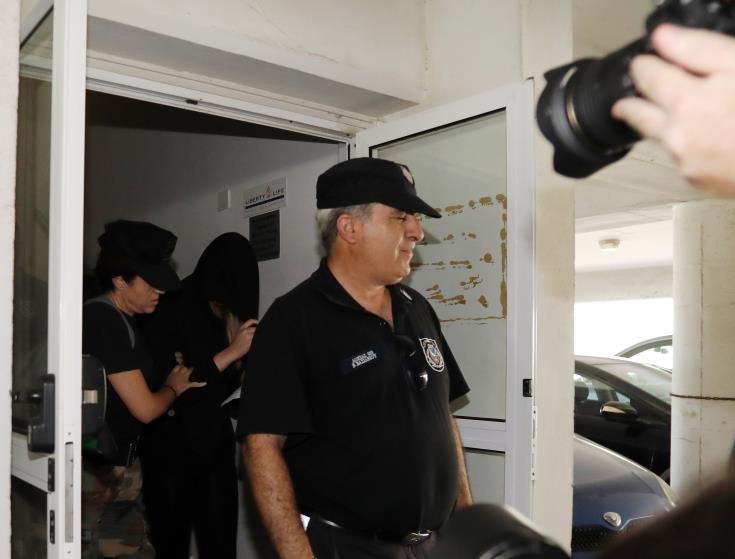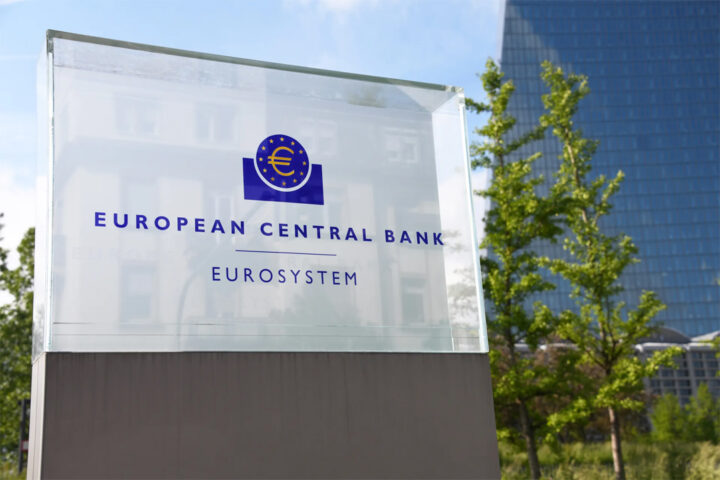A British teenager found guilty of lying about being gang-raped in Cyprus has pleaded with UK Prime Minister Boris Johnson to “bring me home”.
The 19-year-old alleged she was raped by 12 Israeli tourists in a hotel room in Ayia Napa on July 17, but she claimed Cypriot police forced her to sign a retraction statement which led to her being convicted of public mischief by a Famagusta District Court on Monday.
“Every second of this ordeal has been a waking nightmare,” the woman said.
“I’m 19 and all I want to do is clear my name and come home to my family,” she said according to The Sun.
“I would say to both the Foreign Secretary and Prime Minister, both of whom are fathers, please support me with your actions, not just with your words.”
The Sun also reported that the Foreign Office had on Thursday contacted the teenager’s family for the first time since she was convicted.
On Monday the Foreign Office issued a statement saying: “The UK is seriously concerned about the fair trial guarantees in this deeply distressing case and we will be raising the issue with the Cypriot authorities.”
The woman’s legal team said that regardless of the sentence passed by the court, they would appeal against the conviction, even if she was given a suspended sentence – which would still mean a criminal record.
“Appealing against the conviction is the most important thing for a young person,” Michael Polak, director of the campaigning group Justice Abroad, said.
An online crowdfunding appeal to raise money for legal support for the woman’s daughter has passed £120,000, exceeding its £105,000 goal.
The “help teen victim get justice in Cyprus” GoFundMe page was set up by British lawyer John Hobbs in August to raise cash for the 19-year-old’s legal representation.
She has been on bail since the end of August, after spending a month in prison, and could face up to a year in jail and a €1,700 fine when she is sentenced on January 7.
Prominent legal figures have written to Attorney-General Costas Clerides urging him to intervene in the case.
The group includes former justice minister Kypros Chrysostomides, who told the BBC the woman involved had “already suffered a lot” and he expected her sentence would be “very lenient”.
“She has already been in detention for four-and-a-half weeks and she has been prevented from travelling for about five months already.”
But government spokesman Kyriakos Koushos said Cyprus has “full confidence in the justice system and the courts” and there would be no further comment until after the trial ends.
Cyprus Boycott
Meanwhile, the teenager’s mother, who cannot be named for legal reasons, has backed calls for a tourism boycott of Cyprus as an unsafe destination for women.
“The place isn’t safe – it is absolutely not safe. And if you go and report something that’s happened to you, you’re either laughed at, as far as I can tell or, in the worst case, something like what’s happened to my daughter may happen,” she told BBC Radio 4’s Today programme.
The woman said her daughter was experiencing post-traumatic stress disorder (PTSD), hallucinations, and is sleeping for up to 20 hours a day because of a condition called hypersomnia.
“She needs to get back to the UK to get that treated – that’s my absolute primary focus. She can’t be treated here because hearing foreign men speaking loudly will trigger an episode,” she said.
“It needs resolving otherwise she’s going to carry on having this for the rest of her life.”
Chris Wright, managing director of UK-based tour operator Sunvil Holidays, told the Financial Mirror that they had not been contacted by clients or agents with concerns about Cyprus during the New Year period.
He added that Cyprus may pay a price in the future.
“It will all depend on how long the news stays in the press, and how the case unfolds, and what kind of sentencing will be handed out.”
Meanwhile, the proposed boycott was also debated on BBC Radio 2’s Jeremy Vine Show on Thursday with Simon Calder, travel editor of The Independent, saying he believed Cyprus to be “overall very safe for British holidaymakers”, but “there was a sense people would want to respond in some way” to the Briton’s treatment.










